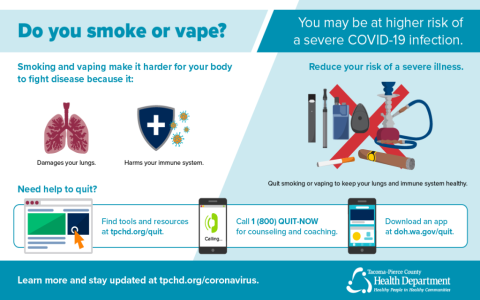The question of whether electronic cigarettes are safer or better than traditional tobacco cigarettes is complex and requires a nuanced understanding of the current scientific evidence.
E-Cigarettes vs. Combustible Cigarettes: Relative Risk
Research consistently indicates that e-cigarettes are significantly less harmful than continuing to smoke combustible cigarettes. Combustible tobacco smoke contains thousands of toxic chemicals, including over 70 known carcinogens. E-cigarettes do not produce tar or carbon monoxide, the two most significant contributors to smoking-related diseases like lung cancer, COPD, and heart disease.

Switching completely from cigarettes to e-cigarettes substantially reduces users’ exposure to these harmful toxicants.
Significant Health Risks of Vaping
However, less harmful does not mean safe. E-cigarette use involves significant health risks:
- Nicotine Addiction: Most e-liquids contain highly addictive nicotine, harming adolescent brain development and sustaining addiction.
- Lung Injury & Inflammation: Cases like EVALI (e-cigarette or vaping product use-associated lung injury) highlight severe acute risks, often linked to additives. Chronic lung inflammation and damage are documented concerns.
- Chemical Exposure: Aerosols contain ultrafine particles, volatile organic compounds (VOCs), flavoring agents (e.g., diacetyl linked to “popcorn lung”), heavy metals (nickel, lead), and other potentially harmful substances.
- Cardiovascular Stress: Nicotine and other compounds can increase heart rate, blood pressure, and potentially elevate long-term cardiovascular risk.
- Unknown Long-Term Effects: As a relatively new product, the long-term health consequences (e.g., cancer risk, respiratory disease decades later) remain largely unknown and are an active research area.
Who Are E-Cigarettes “Better” For?
- Current Adult Smokers: E-cigarettes may offer a harm reduction pathway for those unable or unwilling to quit nicotine entirely, provided they completely switch from smoking.
- Non-Smokers, Especially Youth: Vaping is decidedly not “better” or safe. Initiating nicotine use via e-cigarettes leads to addiction and potential harm to developing brains. Evidence suggests youth vaping increases the risk of later smoking initiation (the “gateway” concern).
The Truth Unveiled
E-cigarettes are not risk-free and are unsafe for non-smokers, youth, and pregnant women. While they present a reduced harm alternative for adult smokers who completely switch, they are not approved smoking cessation devices by major health bodies.
The safest option remains abstaining from both tobacco and nicotine-containing e-cigarettes. Smokers seeking to quit should consult healthcare providers about FDA-approved cessation methods.








